
Adding perspective is one way to choose a book title. If the subject is a character, the author should ask how they observe themselves and choose the title that way. If the subject in the book has many flaws, a self-description that puts an emphasis on their flaws can make a catchy, unique book title. Using an emotional filter is also helpful for an author who is contemplating how to choose the perfect book title. By asking how a specific character would feel about the subject, authors can choose a title through the emotions that they feel.
When an author is contemplating how to choose a book title, considering context can be also be very helpful. When authors are writing a book, they usually put burdens and restrictions on certain characters. By thinking about those restrictions and burdens surrounding the subject, authors can form titles to incorporate those ideas. By being mindful of the context, an author can choose a catchy title.
Allowing titles to sit for a day or two can be very beneficial for an author who is struggling with how to choose a book title. By taking a break from the potential titles and then coming back to them, authors sometimes come up with new and great ideas. This step can be repeated as often as the author would like. When an entire day goes by without any new ideas, the author has most likely formed the titles they prefer the most and can then narrow them down to the best one.
An important method authors should utilize in their final steps of choosing a book title is to ask strangers about their opinions on the potential titles. When authors stop basing their decisions on the feelings of their friends and family, or the people who are very familiar with their work, they are able to get an unbiased opinion. In order to do this, the author should give a poll and ask complete strangers which title they prefer. By asking complete strangers to make a split decision between two titles, authors will be able to see exactly what strangers will think of when their new book shows up in the marketplace.
While writing a book can be complicated for a writer, choosing a good title can be easily as complicated. However, there are many ways authors can choose a book title that will appeal to curious readers. Choosing the best title possible is essential if an author wants their book to be a bestseller. By asking strangers about their opinions on the title, an author can get an unbiased opinion on the titles they have formed. By adding context and perspective to titles, authors can choose a title that incorporates ideas from the book directly in the title. By being memorable and descriptive of these ideas, authors will be able to nail the content of their work and choose the best book title possible.
Get an Editorial Review | Get Amazon Sales & Reviews | Get Edited | Get Beta Readers | Enter the SPR Book Awards | Other Marketing Services


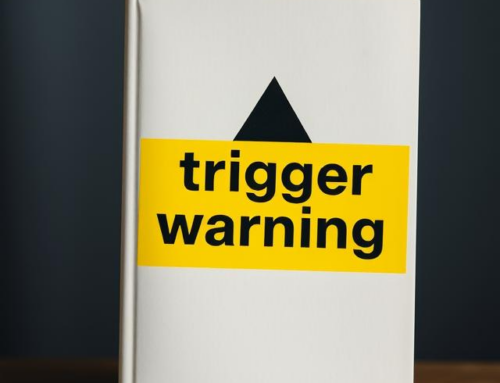

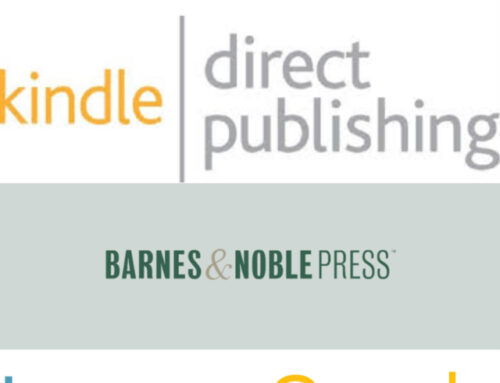


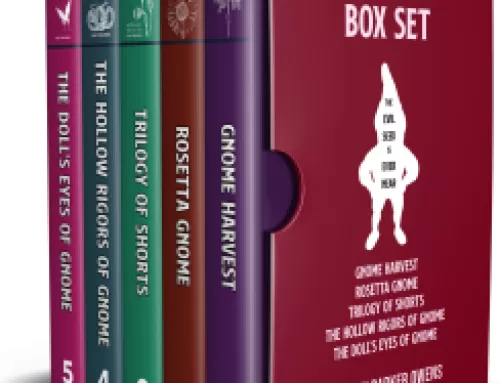

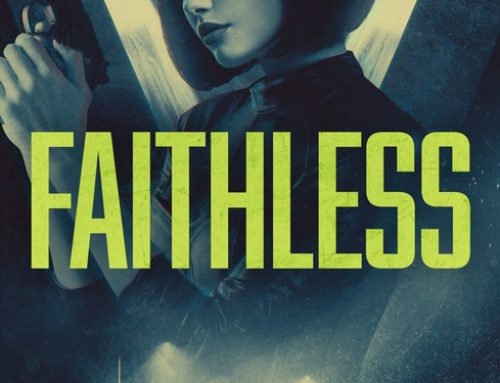
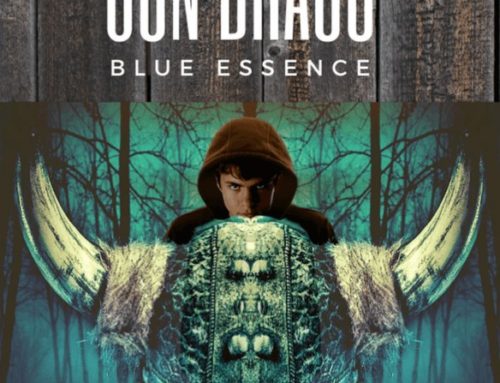

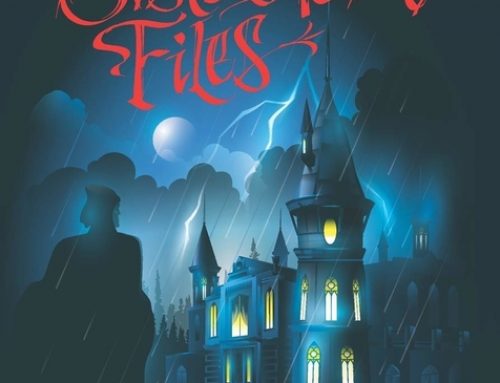



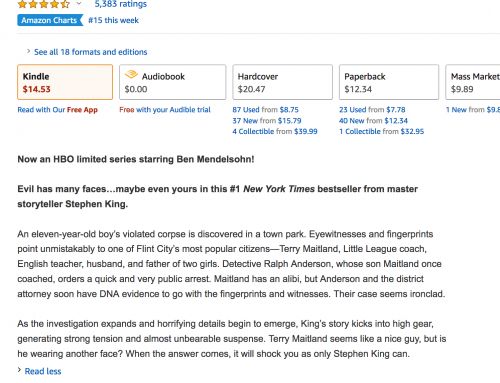
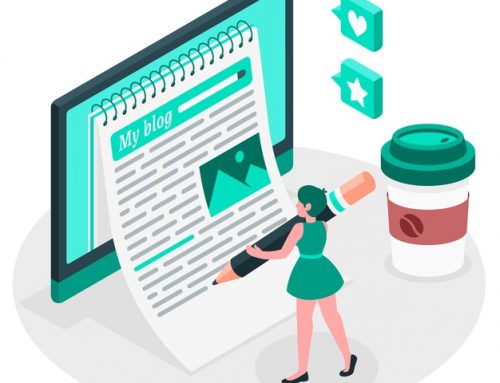

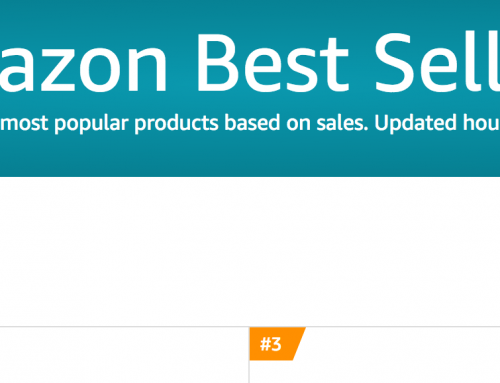
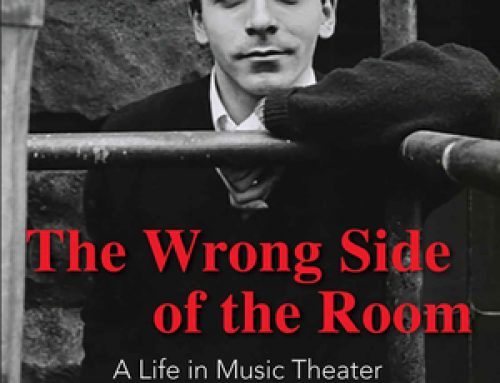

I would strongly, strongly emphasize what Tanisha says about allowing the title to float around in your mind for a time in your mind before settling on it. I’d also suggest running potential ideas past friends. They may have better ideas.
Authors might also want to distinguish between a book’s title and its subtitle.
TITLE: Make the title short, catchy and memorable. It should hint at a book’s topic, but it doesn’t have to explain it. The title is for remembering and for finding at online stores.
SUBTITLE: Don’t worry overmuch about the length of a subtitle. Make it a clear description of the book’s content. Remember that longer descriptions of a book often don’t appear in library or retail store catalogs, but a book’s subtitle almost always stays with it. Take care to put useful keywords into the subtitle. Online searches at book retailers are likely to raise the search rank of a book with a keyword or keywords in the title.
For illustration, here are my three most recent books:
My Nights with Leukemia: Caring for Children with Cancer.
On Amazon, in a advanced search of titles for “leukemia children” it comes up third. On a subject search it comes up on the first page. It’s about when I worked night shift on the Hem-Onc unit at a top children’s hospital.
Hospital Gowns and Other Embarrassments: A Teen Girl’s Guide to Hospitals.
On a title search for “hospital embarrassment” this is the only search result. That is great. As a subject search, it comes up first. Scoring high here was easy. There’s a terrible dearth of guides of any sort about coping with embarrassment issues during hospitalization. Mine seems to be the only book on the topic in print. This book comes from when I worked on the teen unit at that same hospital, so it’s solidly grounded in experience.
Lily’s Ride: Rescuing her Father from the Ku Klux Klan.
Alas, this one has the opposite problem. There are so many books on this theme that the only way it appeared in a reasonable number of pages (the second) was in a search by “ku klux klan” in the title, paperback as the format, and sorting by publication date. Sigh, no good!
Playing around with the search results, though, I discovered that Amazon has no books on the Klan classified as for “young adults” meaning teens. That is precisely what the book is about. It’s about a girl in her mid-teens who makes a bold night ride over Klan infested roads to warn her father that he’s about to be killed by the Klan. Perhaps if I can get Amazon to classify it Young Adult, it’ll get more visibility.
The last shows by negation just how important getting the right title can be. I can’t think of any other title that’d work though, given the book’s theme. But the one I found clearly has issues. I need to find out what it takes to classify the book as Young Adult. As a Young Adult book about the Klan, it’ll clearly be a top search result hit.
Which brings up another suggestion. Play around with Amazon’s search and see how it handles the titles of your book and those of others. Find out what’ll give you the best visibility.
You might even want to search for the main words in your title BEFORE you settle on a title and see what the results are. Lots of results is probably a bad sign.
–Michael W. Perry, Inkling Books, Auburn, AL